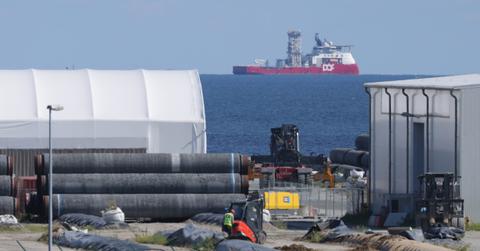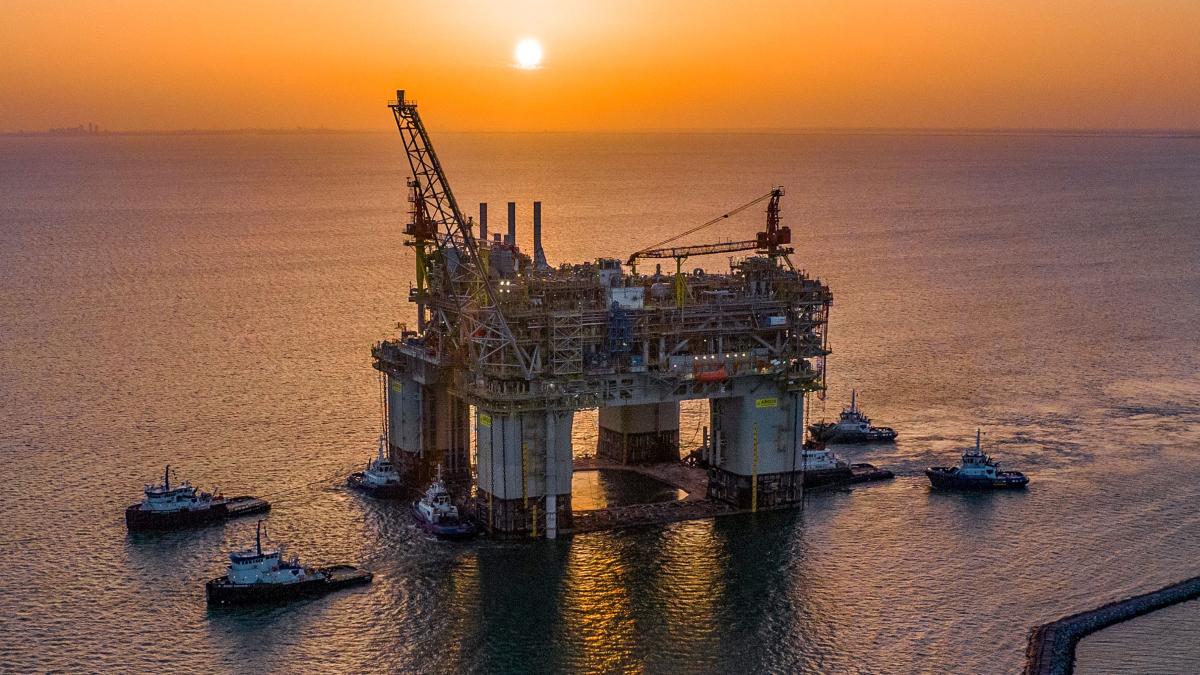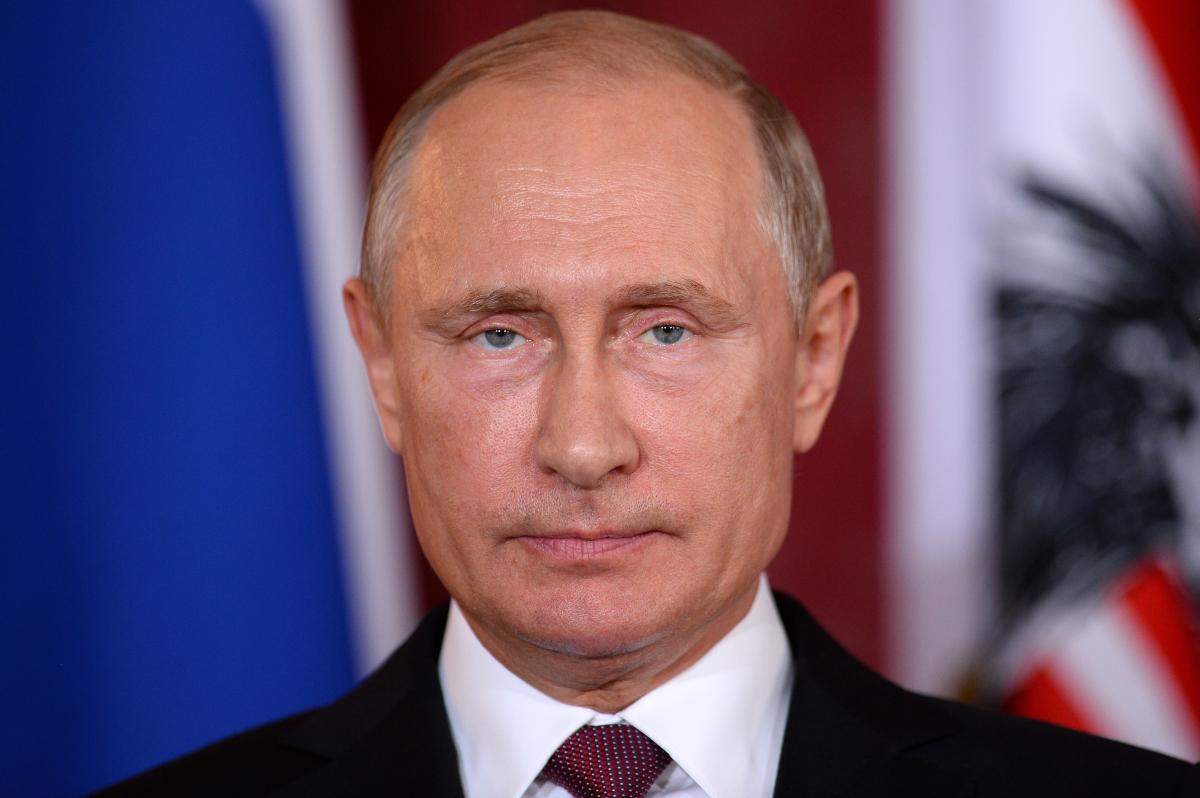Plenty of Countries Are Still Buying Russian Oil Despite Ukraine War
Shell has apologized for buying oil from Russia. Who is still buying Russian oil and will more companies and countries shun Russian oil?
March 8 2022, Published 10:07 a.m. ET
After facing a global backlash over its decision to buy discounted oil from Russia, London-listed global energy giant Shell has apologized. Who is still buying Russian oil and will more companies and countries come forward and shun Russian oil?
Initially, Shell tried to defend buying oil from Russia. The company also said that it would donate the profits from the discounted oil to humanitarian relief in Ukraine. But this (flawed) Robinhood kind of approach didn't win the company any kudos globally. Now, Shell said that it won't buy any Russian spot cargos and will close all of its service stations in Russia.
What's the difference between contract and spot sales?
It's important to discuss the spot cargoes that Shell mentioned. Like in other commodities, trade in the energy markets happens on both a spot as well as a contract basis. While companies buy and sell oil at their will in the spot markets, they're bound by contractual agreements in contract sales.
However, this doesn't mean that those buying energy from Russia under contracts can’t go back on their purchase commitments. Every agreement has a force majeure clause and the war between Russia and Ukraine is a fairly legit cause for declaring a force majeure.
Russian energy exports aren't sanctioned yet.
While the U.S. has been talking about imposing sanctions on Russian energy exports, so far, it's perfectly legit to buy oil and gas from Russia. The West has been apprehensive about sanctioning Russian energy exports due to the implications on global crude oil prices.
Russia was exporting between 5 million barrels and 6 million barrels of oil daily which is hard to replace, at least immediately. As the third-largest energy producer globally, Russia knows the key role it plays in energy markets and has warned that crude oil prices might rise to $300 per barrel if the West stops buying oil from it.
Several countries are buying Russian oil.
The U.S., EU, and Japan have talked about banning energy imports from Russia. There have been reports that the U.S. might ban oil imports from Russia individually since the E.U. has a very high dependence on Russian energy imports.
China accounts for almost a sixth of Russian oil exports and almost 40 percent of this oil passes through the East Siberia Pacific Ocean. China might not scale down its oil purchases from Russia, and if anything, it might increase the buying either overtly or covertly. Russian President Vladimir Putin will have considered it as a fall-back option amid the threat of Western sanctions.
The EU, South Korea, the U.K., and the U.S. are among the countries that are buying Russian oil. While the U.K. has banned Russian ships from docking at the country’s ports, Russia has been using foreign ships to export oil to the country.
Canada has banned oil imports from Russia.
So far, only Canada has banned oil imports from Russia. However, the move is largely symbolic since Canada doesn't import a lot of oil from Russia anyway and is the world’s fourth-largest producer of oil in itself.
According to Bloomberg, President Biden is supposed to announce a U.S. ban on Russian oil and natural gas imports on March 8 at 10:45 a.m. ET.
To be sure, it might not be easy to replace Russian oil in the short term unless the sanctions on Iran and Venezuela, which have massive energy reserves, are lifted. For the West, it's about choosing the lesser evil between Russia, Iran, and Venezuela.
Energy companies are exiting partnerships.
It might not be the typical business as usual. The West would now work on long-term energy security, sans Russia. Several companies have also exited their business ventures in Russia. Shell has said that it will exit the partnerships with Russian company Gazprom. BP has also announced that the company will offload its stake in Russian state-owned energy giant Rosneft.
While Putin’s invasion of Ukraine has short-term economic costs, it would have significant long-term costs as well. No matter what the outcome of the Russia-Ukraine war is, Putin has triggered a rethink in Europe on its energy and defense policies. The policy overhaul was long due but it took Putin’s belligerence to provide it the much-needed momentum.



